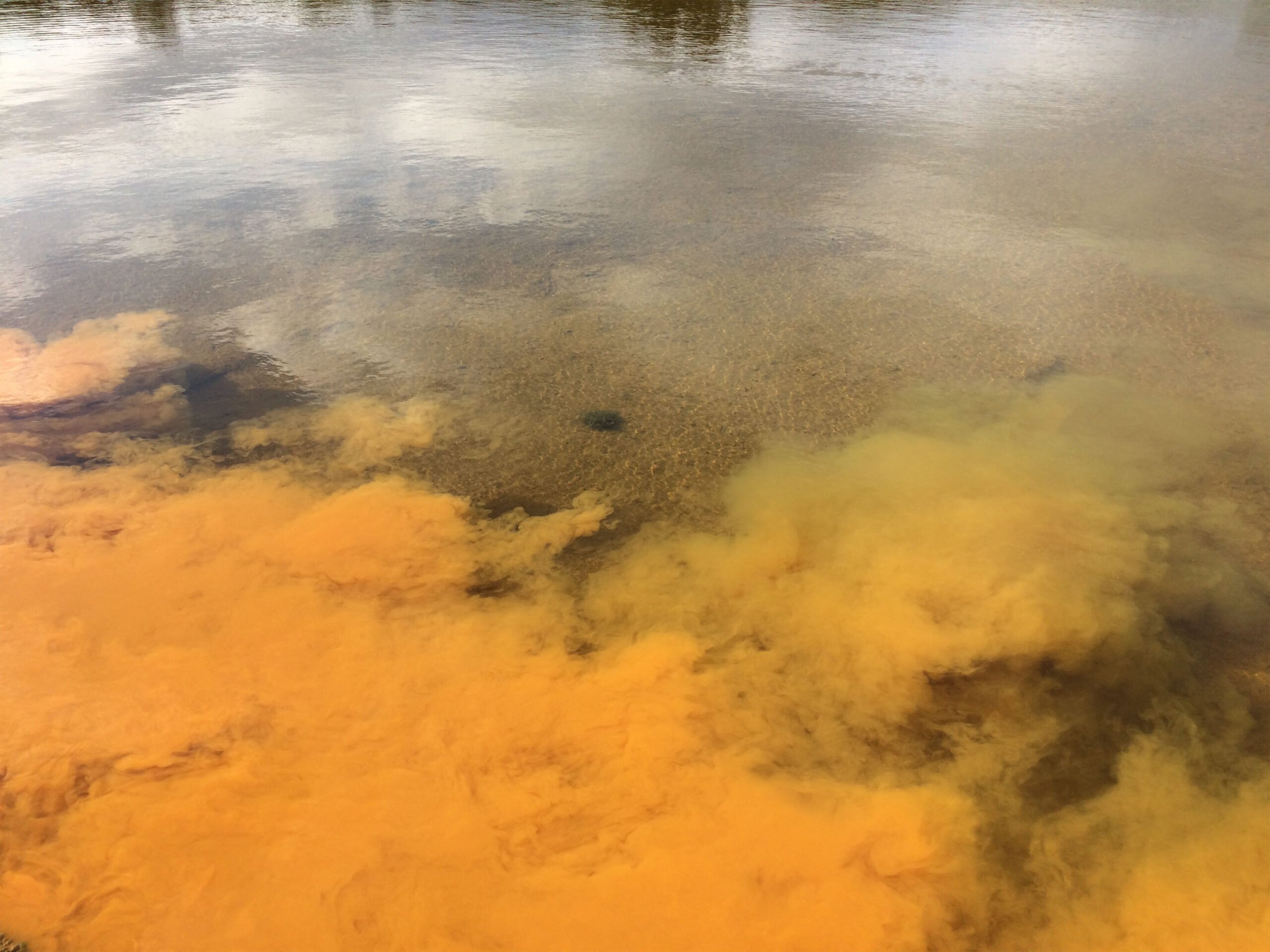The 2023 AMHH conference took place on the 4th-7th of July. It was held in partnership with the Insitute for Advanced Studies at UCL
Fevers, Frets, and Futures: uncertainty and new ecologies for post-Covid healthcare
University College London and the AMH (Hybrid event)
To view the event recordings please click on the following link
About The Conference:
The last two and a half years have exposed points of encounter
between existing anxieties about climate change and
environmental collapse and new crises of health and wellbeing
in the face of the Covid pandemic. These two global
concerns about the sustainability of human life have revealed
ethical, political and cultural fractures and challenges, not least
because of their differential impact on countries, peoples, and
communities. Sustainability has different meanings in different
fields. In medicine and healthcare, for instance, it is complex and
multi-faceted. As a discipline, medicine has internalised its own
meanings and perspectives on sustainability that would benefit
from updating. By its very nature, sustainability is a relatively
recent, fluid interdisciplinary field, of increasing complexity and
responsive to change, with policy developments that include the United Nations 17 Sustainable Development Goals for 2030, signed by all members States, including the UKL in 2015.
At the centre of current biopolitical concerns sits a
fundamentally epistemological question, about how knowledge
is formed, organised, and interrelated. It has become clear that
although STEM subjects such as Science, Technology, Medicine
and Healthcare were crucial to creating vaccines and other safety
measures, it is SHAPE subjects such as the Arts, Humanities
and Social Sciences that can explain why and how populations
would welcome or refuse these. The latter offer alternative
methodological approaches which foreground open questions
and critical thinking, allowing a toleration of ambiguity and
uncertainty rather foreclosing (possible) solutions to complex
problems. In this way they are able to address sustainability in a
way that the sciences on their own cannot. It is by bringing these
communities of practice together that we can hope to solve the
major health and climate challenges facing us.
At the heart of this moment of crisis lies a set of ecological
concerns: what does the future look like in complex personal
or environmental conditions? How does this change our
thinking about immunity, longevity and the limits of healthcare,
especially given stark contrasts between the global north and
south? Importantly, as clinicians, patients, and humans whose
vital dependence on nonhuman life forms has suddenly been
made starkly visible, what are the lessons we can learn from
the frets and fevers of a global pandemic, to think and create
new futures and a new sustainability in our work, our lives, and
the environments on which, we now know, they precariously
depend? Further to this is the added complexity of how
countries and communities form part of our wider environment,
when that environment is under threat.
What new transdisciplinarity is required, to make sure that
if we fire-fight in one area of practice or learning we are not
simultaneously causing a fire elsewhere? How do we, as
clinicians, patients, academics and artists, understand our
knowledges as inevitably interrelated, locally and globally impacting on each other
whether we intend them to or not, forming an implicit cultural
order no matter how we fragment them into disciplines or
funding streams?
www.amh.ac.uk
Registered charity 1183975
Header image: Onya McCausland, Saltburn Mine Water Treatment Scheme, 2015



